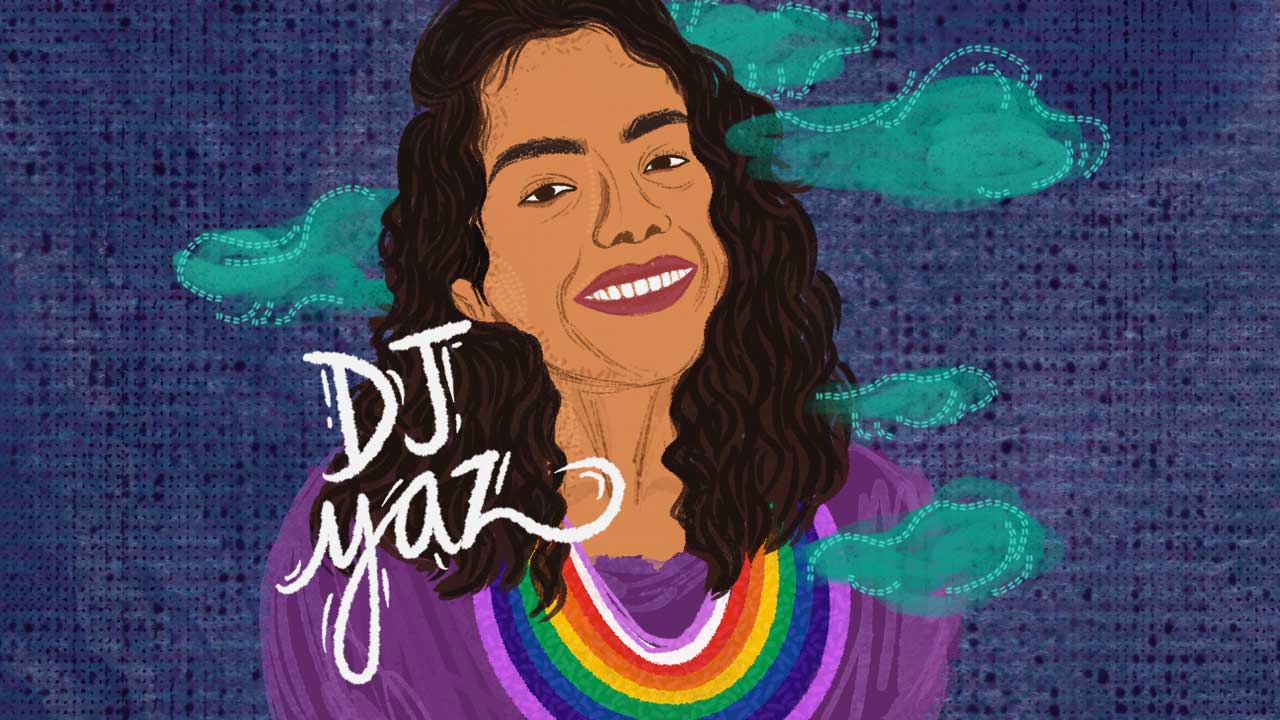#JIF2019: LES CYBERVIOLENCES SEXISTES TOUCHENT 45% DE FEMMES SUR LES RÉSEAUX SOCIAUX EN AFRIQUE CENTRALE ET OCCIDENTALE
This is great because online gender-based violence against women in West and Central Africa is little mentioned and measured. This study was carried out in 18 countries in these two regions of Africa and truly offers an idea of the scale of the phenomenon in this part of the world.

